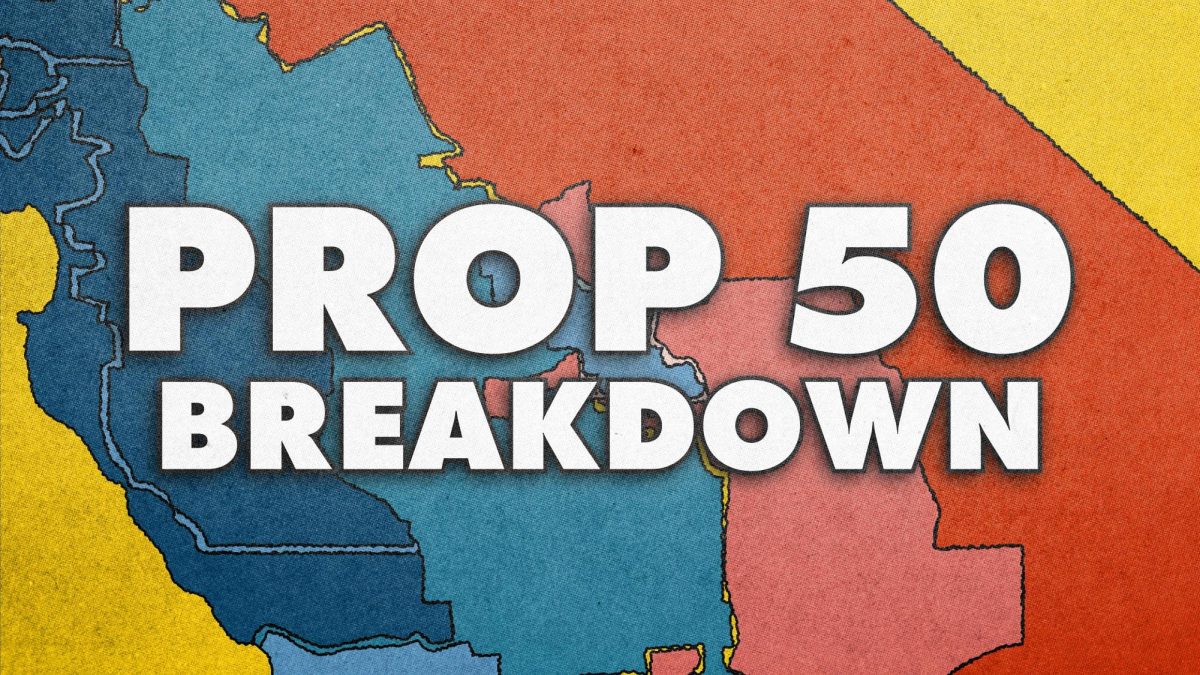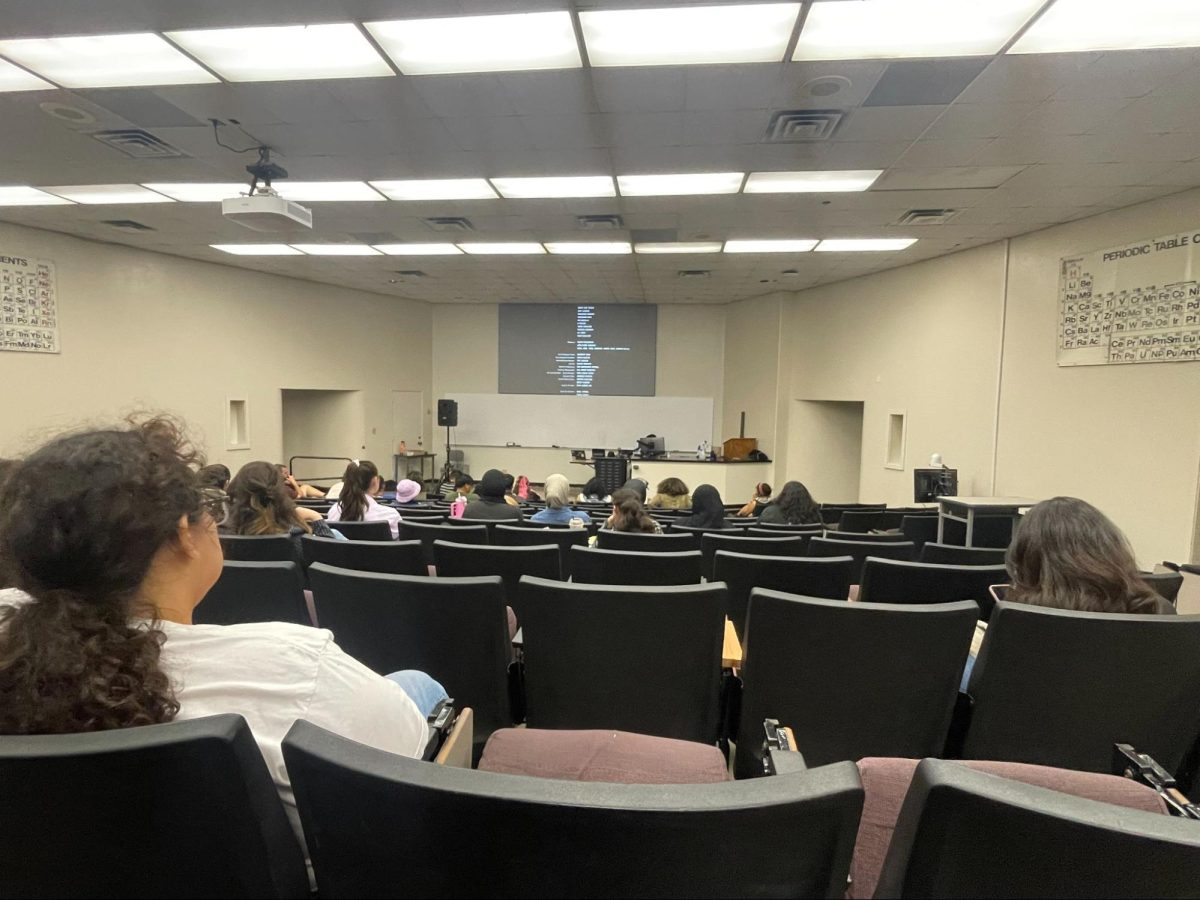This year, California propositions range from taxation to civil rights. Proposition 39 changes how the state determines what multistate income is taxable.
The California ballot states that proposition “requires multistate businesses to pay income taxes based on percentage of their sales in California.”
During the first five years, the proposition is estimated to generate an additional $1 billion in annual state revenue.
A portion of the new revenue is designated for California schools who are set to receive between $200 million and $500 million annually for the first five years and $500 million to $1 billion annually afterward.
Additional revenue would also go into the Clean Energy Job Creation Fund. According to the official voter information guide, Proposition 39 dedicates “$550 million annually for five years from anticipated increase in revenue for the purpose of funding for the purpose projects that create energy efficiency and clean energy jobs in California.”
California law currently allows multistate businesses to select between two taxation options when determining how much is owed to the state. Companies choose either the three-factor method or the single sales factor method, whichever is advantageous.
According to the guide, the three-factor method “uses the location of company’s sales, property, and employees. When using this method, the more sales, property, or employees the multistate business has in California, the more of the business’ income is subject to sales tax.”
The voter’s guide states that the single sales factor method “uses only the location of the company’s sales. When using this method, the more sales the multistate business has in California, the more of the business’ income is taxed.”
If Proposition 39 passes, the three-factor option would no longer be an available to multistate businesses in most instances.
Currently, the income taxation of multistate businesses is the third largest state revenue stream. In 2010-2011, this tax generated $9.6 billion for the general fund.
Committee proponents include Californians to Close the Out-of-State Corporate Tax Loophole and Californians for Clean Energy & Jobs, who have collectively generated more than $22.2 million in support of the proposition’s passage.
There is little opposition to the measure. The California Manufacturers & Technology Association, the only formally opposed committee, has not raised money on behalf of the initiative.
If voters approve the initiative, the new multistate business taxation structure would go into effect starting in 2013.






